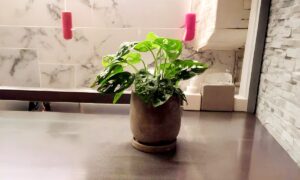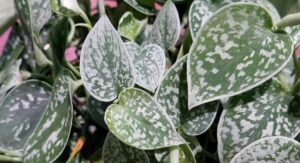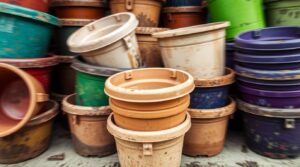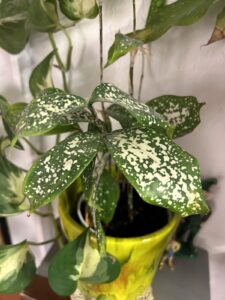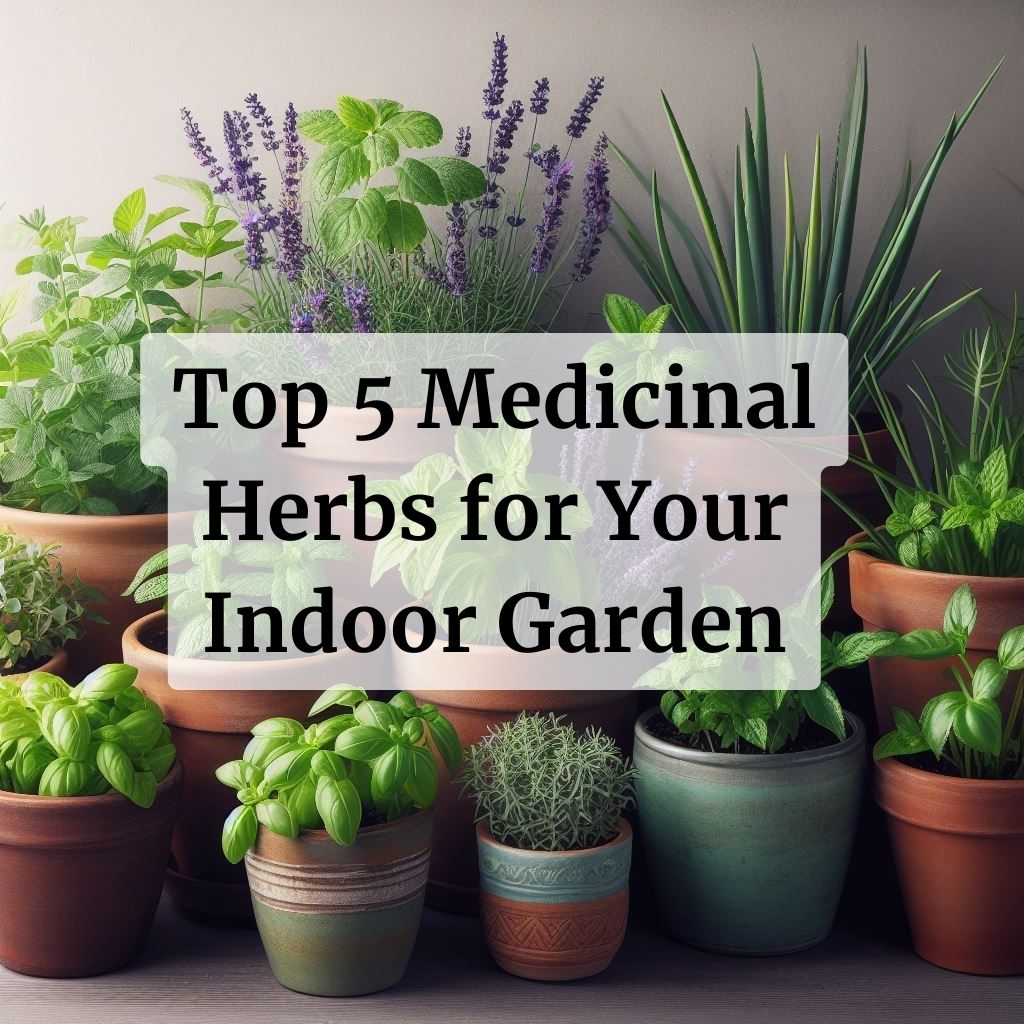
Today we will be the top five medicinal herbs that you can cultivate right within your home.
As someone with decades of gardening experience, I can assure you that growing medicinal herbs indoors is not only possible but also incredibly rewarding. Whether you’re an experienced gardener or a novice, these aromatic and healing plants will thrive in your indoor garden. So, grab your gardening gloves and let’s get started!
Why Grow Medicinal Herbs Indoors?
Before we dive into the list of herbs you should consider growing indoors, let’s understand why it’s a brilliant idea.
Year-Round Access
One of the primary reasons to cultivate medicinal herbs indoors is that you can have year-round access to fresh herbs. No more waiting for the right season or rushing to the store when you’re feeling under the weather. Having a constant supply of these herbs means you can whip up herbal remedies whenever you need them.
Convenience and Freshness
When you grow your medicinal herbs indoors, you have full control over their growth conditions. This means you can ensure they are free from pesticides and other harmful chemicals. Plus, you’ll experience the unmatched freshness and potency of herbs harvested just moments before use.
Health Benefits
Medicinal herbs have been used for centuries to address a wide range of health issues. By having your own indoor herb garden, you can harness the incredible healing properties of these plants to support your well-being. It’s like having a natural pharmacy in your home!
Now that you understand the benefits, let’s explore some of the top medicinal herbs you can grow indoors.
Medicinal Herbs to Grow Indoors
Lavender (Lavandula angustifolia)

Lavender is not only a fragrant delight but also a powerhouse of health benefits. Its calming aroma can help reduce stress and anxiety, making it perfect for aromatherapy. Additionally, lavender is known for its antiseptic and anti-inflammatory properties, making it a must-have in your indoor garden.
Growing Tips:
- Place in a sunny spot with well-draining soil.
- Water sparingly to prevent root rot.
- Prune regularly to encourage bushy growth.
Peppermint (Mentha × piperita)

Peppermint is a versatile herb that can soothe digestive troubles, alleviate headaches, and even act as a natural insect repellent. Its refreshing flavor makes it a fantastic addition to teas, smoothies, or as a garnish for desserts.
Growing Tips:
- Requires partial sunlight.
- Keep the soil consistently moist.
- Trim back to encourage new growth.
Aloe Vera (Aloe barbadensis miller)

Aloe vera is a true champion of skin health. Its gel is a go-to remedy for treating burns, sunburns, and skin irritations. Growing aloe vera indoors not only provides you with quick access to its healing properties but also adds a touch of green to your living space.
Growing Tips:
- Place in bright, indirect sunlight.
- Allow the soil to dry between waterings.
- Repot as it outgrows its container.
Basil (Ocimum basilicum)

While basil is a culinary delight, it also offers various medicinal benefits. Its essential oils have antibacterial properties, and it’s rich in antioxidants. Basil can be used to make a soothing tea or added to dishes for both flavor and health benefits.
Growing Tips:
- Requires plenty of sunlight.
- Keep the soil consistently moist but not waterlogged.
- Pinch off flowers to encourage leaf growth.
Chamomile (Matricaria chamomilla)

Chamomile is renowned for its calming and sleep-inducing properties. A cup of chamomile tea before bedtime can work wonders for relaxation and improving sleep quality. Growing your own chamomile ensures you always have access to this soothing herb.
Growing Tips:
- Prefers bright, indirect sunlight.
- Keep the soil evenly moist.
- Harvest flowers for tea-making as they bloom.
Creating your indoor medicinal herb garden is a delightful journey that not only enhances your surroundings but also contributes to your well-being.
With the right herbs and some tender loving care, you can have nature’s remedies at your fingertips, year-round.
Frequently Asked Questions
Can I grow medicinal herbs indoors if I have limited space?
Yes! Many medicinal herbs can thrive in small pots on windowsills or shelves. You don’t need a vast garden to enjoy the benefits of indoor herb gardening.
Are indoor-grown herbs as potent as those grown outdoors?
Indoor-grown herbs can be just as potent, if not more so, because you have control over their growing conditions. Proper care and sunlight exposure are key.
Can I use indoor-grown herbs in cooking?
Certainly! Most medicinal herbs also make excellent culinary additions, so you can enjoy their flavors and health benefits in your meals.
Happy gardening!

